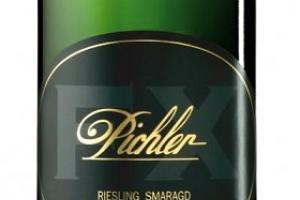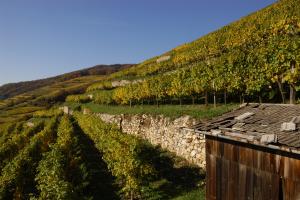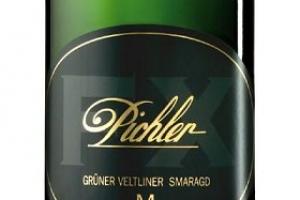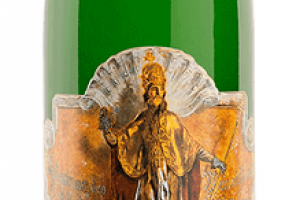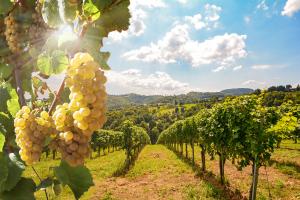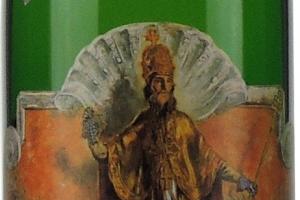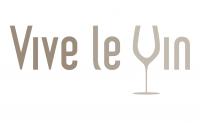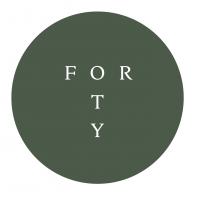Blog
In search of sparkling emeralds
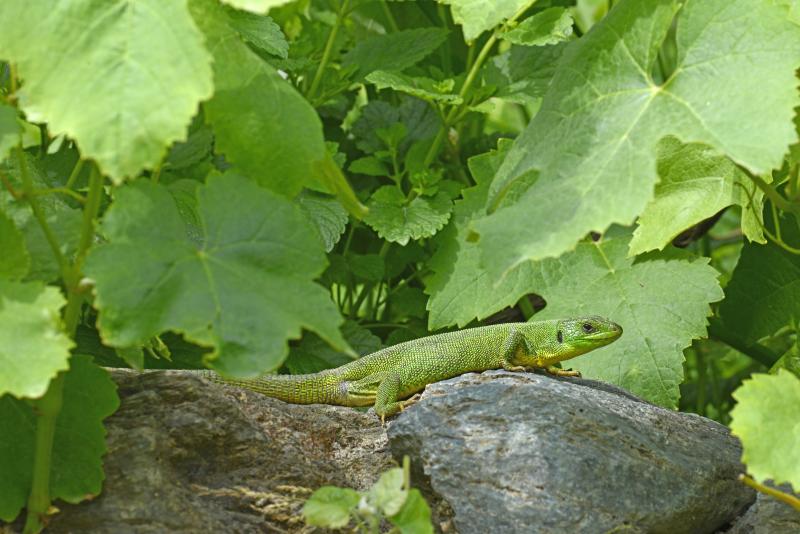
This tricky phrase in Polish - Szukając szmaragdów (pronounced shoo-kay-ons sh-marag-dov) - could be a way of checking your ability to pronounce a tongue-twister. Or it could be a task for someone going on a planned or unexpected wine tour of Wachau, one of the most interesting wine regions in Austria. But it wouldn’t be an easy task. Not anymore at least, due to climate change.
For some, “global warming” has become a very popular slogan recently, while others use it as an ideological picket; and some people even base their conspiracy theories on it – especially fans of Alex Jones* who see the phenomenon of global warming as a way of China striving to achieve global domination. How is that even possible? Due to renewable energy. This sophisticated and very expensive technology is supposed to be one of the reasons why the production of some goods (e.g. iPhones) has been moved from countries using renewable energy (such as the USA) to countries using cheap carbon energy (like China). Jones has based his conclusion on the theory that all the movements talking about global warming and calling for coal power to be stopped are in fact lobbing for the Middle Kingdom (which emits pollutants using carbon energy to make 65% of their annual production). Is this true? Probably, as with every conspiracy theory, there is a grain of truth – or perhaps a lump of coal - in it.
But let’s get back to our sparkling emeralds. Where to find them? In Wachau where emerald – or Smaragd in German – is a very exclusive category of wines, characteristic of Vinea Wachau. This Association was created in 1983 and wine producers such as F.X.Pichler, Joseph Jamek, Franz Hirtzberger and Emmerich Knoll are affiliated with it. A three-level category of style and concentration was created especially for the Vinea Wachau region.
The quality of Vinea Wachau was established to guarantee the constant enjoyment of wines to all lovers of Wachau wines, based on the particular conditions in the Wachau region: wines traditionally vinified according to the very strict Austrian wine law and made only from white grapes such as Grüner Veltliner, Riesling, Neuburger, Muscat and Burgundy grapes (Chardonnay or Pinot Gris), which were imported into Wachau many years ago.
At the bottom of this three-level category are Steinfeder wines, which are light and fruity with a maximum alcohol content of 11.5%. The wines on the second level, Federspiele, have an alcohol content of between 11.5% and 12.5% and their style is similar to the German Kabinett wines.
At the top are the Smaragd wines, the crowning category, with an alcohol content of over 12.5%. To make these wines, grapes are harvested late and to ensure their perfect ripeness, the autumn must be warm and dry, with no rainfall. Smaragd wines are concentrated, often brilliant and almost always unforgettable.
For last 30 years that has been the case, but what’s the situation at present? As the old Polish song “That last Sunday” says, there are two sides to everything. The weather, so worshiped by Alex Jones and other conspiracy theory gurus who see global warming as an opportunity for deserts to turn green, the same weather complicates things: it has to be warm here to be wet there and to be dry in another place. The final effect is therefore unpredictable for now, even for the smartest scientists.
However, you don’t have to be genius to notice that nobody makes Steinfeder wines anymore, but that Smaragd wines are produced practically each year – previously the producers affiliated to Vinea Wachau were happy when the harvest conditions let them make Smaragd wines 3-4 times per decade.
One of the top producers, F.X. Pichler had just left the Vinea Wachau Association. And not just on Facebook, but in reality too. Without this prominent member, the Association seems to work only by pseudo force. F.X. Pichler claims that today, having wine categories based on the ripeness of fruits is pointless as global warming is increasing the ripeness of the grapes, lowering the value and flattening the expression of Smaragd wines. It will become more and more difficult to find amazing Smaragds, so search for them while you still can.
! The Smaragd wines made by two producers, F.X.Pichler and E.Knoll, are available in Poland thanks to small importers: Danubia Fine Wines and Austrovin.
*Alexander Jones - an American investigative journalist, radio presenter and film producer, the author of fake news and conspiracy theories.

